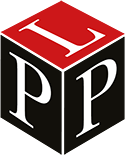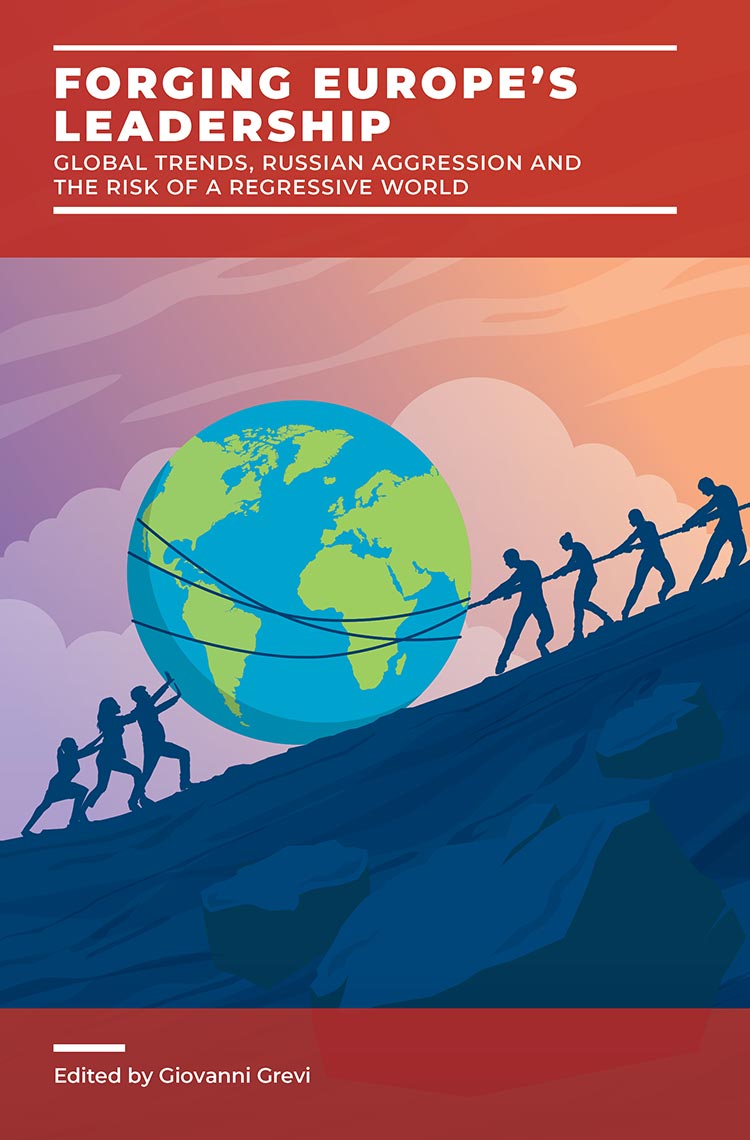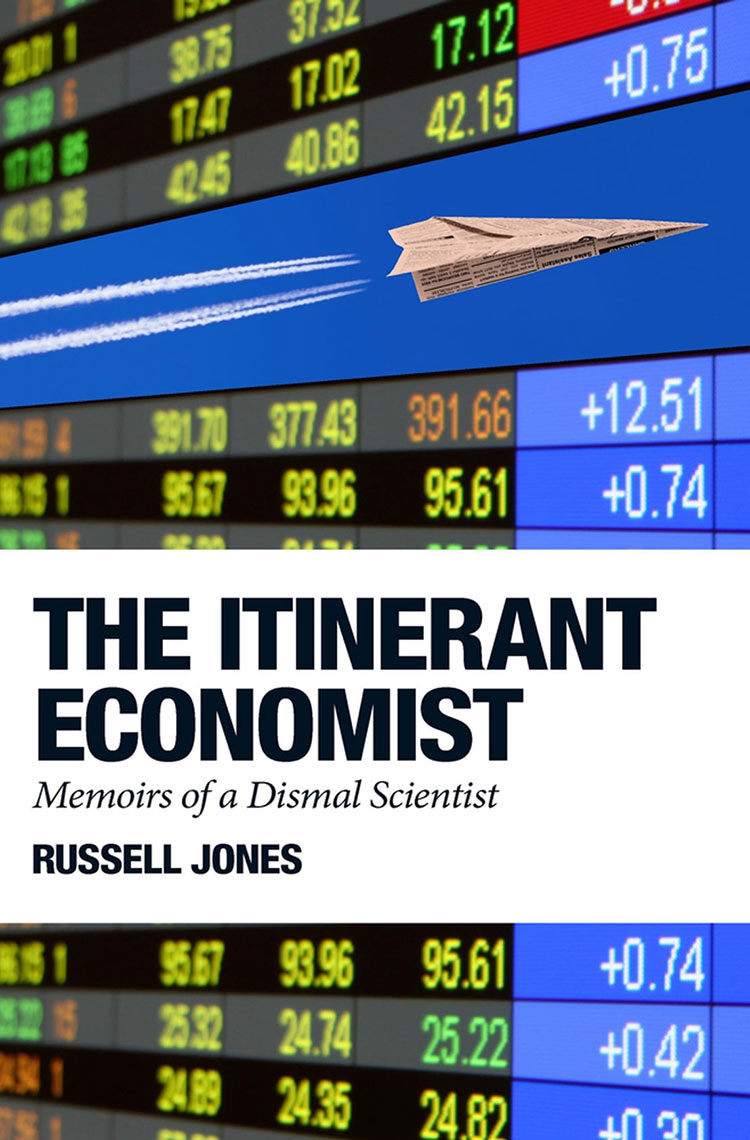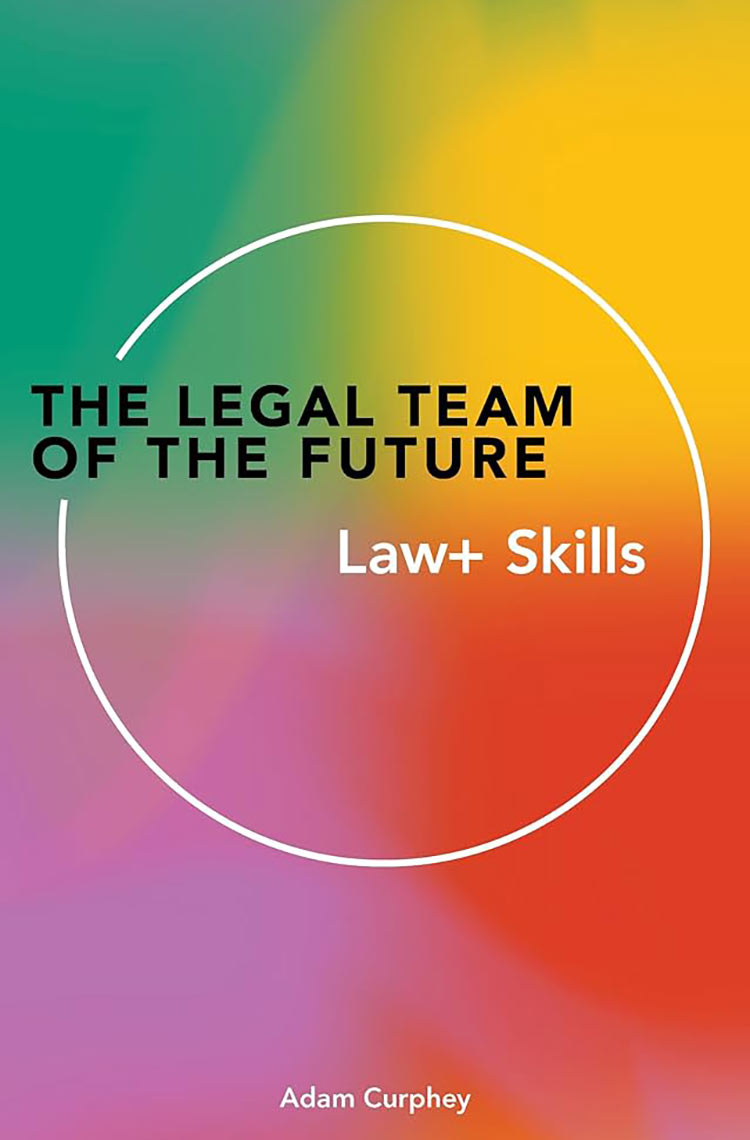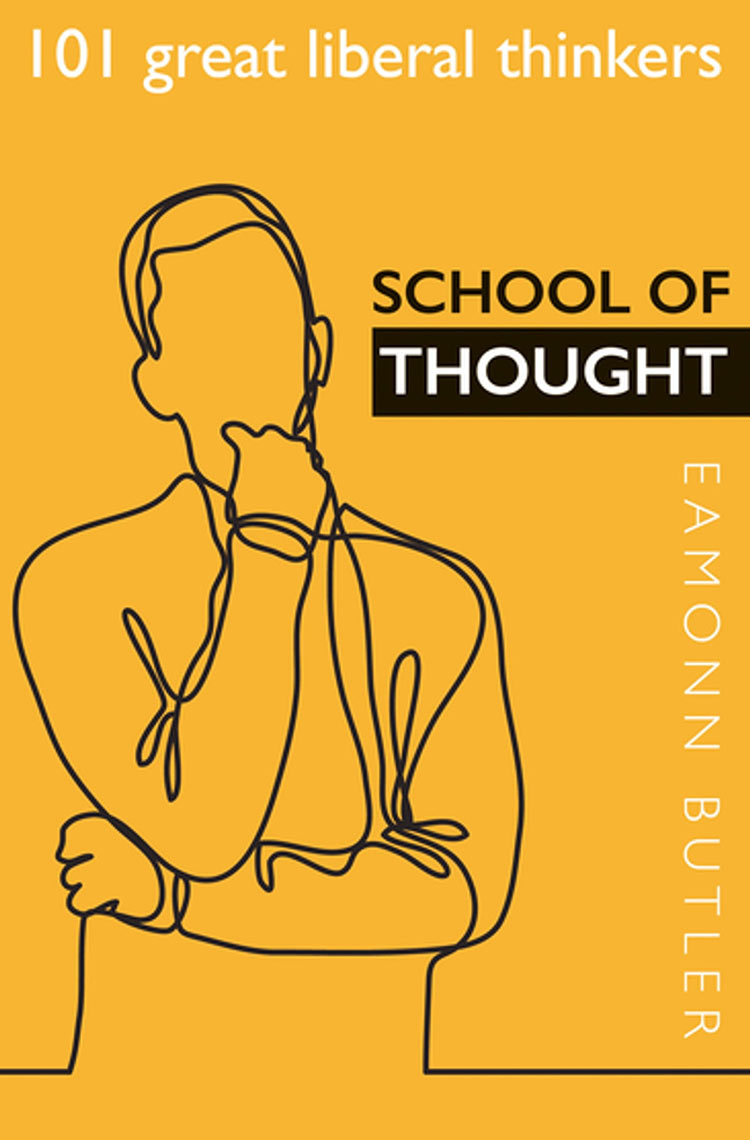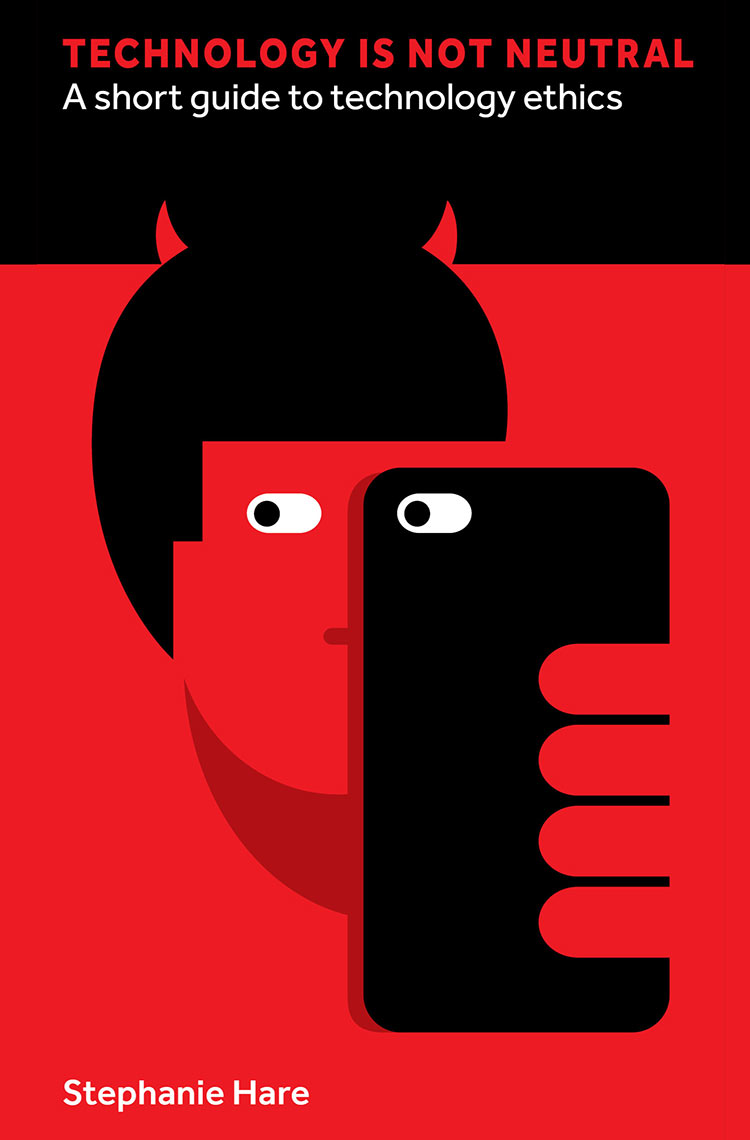The world has been splintered by geopolitics and yet is still bound by interdependence. As competition between the world’s great powers surges, multiple trends point towards the collapse of the international order. Russia’s aggression against Ukraine marks a tipping point, potentially turning an already contested world into one of lasting regression on the political, security, economic, social and environmental fronts. While this scenario is not inevitable, it will take determined leadership to ward it off.
This book argues that the European Union can, in cooperation with others, play a crucial role in averting a regressive world. However, doing so will require a decisive change of gear: deepening European integration while pursuing EU enlargement, enhancing all dimensions of Europe’s power, and shifting from crisis management to delivering structural solutions to systemic challenges.
“Forging Europe’s Leadership: Global Trends, Russian Aggression and the Risk of a Regressive World offers a unique tool for thinking about how Europe can deploy its leadership in the face of mounting geopolitical headwinds. Russia’s aggression against Ukraine has amplified many trends that are eroding the international order. There is an urgent need to reverse this drift and to empower Europe to withstand competition and promote cooperation.” — Arancha González, dean of the Paris School of International Affairs and formerly Minister of Foreign Affairs, European Union and Cooperation of Spain
“A thorough and accurate analysis of the war in Ukraine and of its international consequences, with valuable contributions from a range of experts. The book is an intellectual project of great value that sheds light on, and offers interesting insights into, a complex and fundamental issue for the future of the European continent.” — Enrico Letta, president of the Jacques Delors Institute and formerly Prime Minister of Italy
